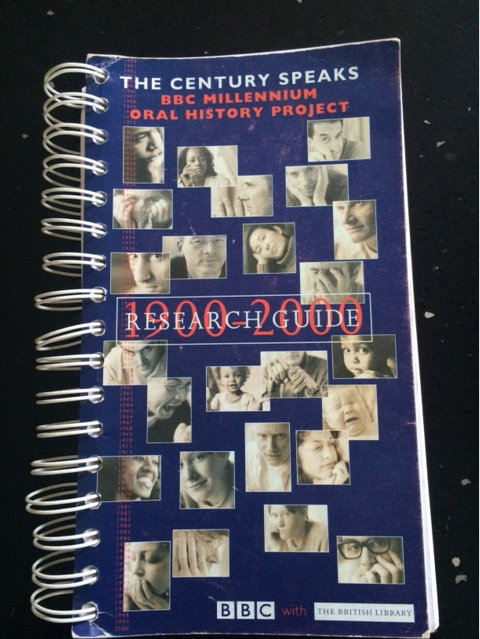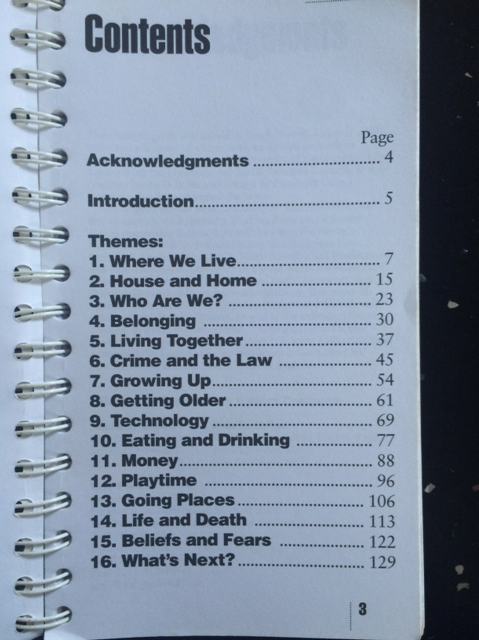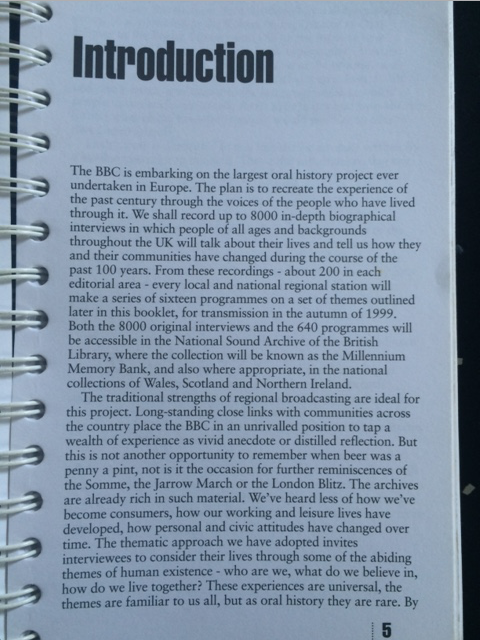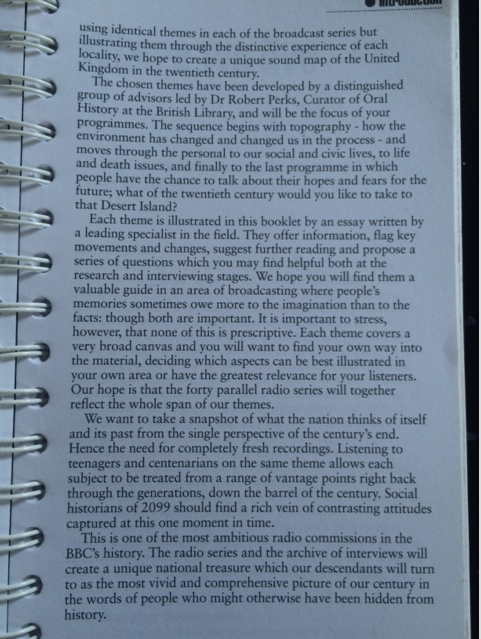Copyright resides with the original holder, no reproduction without permission.
The Century Speaks was the BBC’s Millennium Oral History project. It was a national regional and local radio initiative to record biographies of up to 8000 people, on a number of different themes. The recordings were used to create sixteen programmes per local station, one on each of the different themes. The recordings and programmes are stored in the National Sound Archive of the British Library.
The following comments were left on the Pebble Mill Facebook page:
Dave Harte: ‘I was interviewed for this project. Helen Lloyd came to my house and recorded an interview with me. I think there was also a Birmingham-focused book about the project?’
Robert Thompson: ‘Gosh. I remember this – it was a big BBC Local Radio project which culminated in some extraordinary programmes some of which were re-broadcast on Radio 4 and are held by the British Library. There was a follow-up a few years later called A Sense of Place. It was an epic under-taking delivering a snapshot of life across the country as the century turned.’





